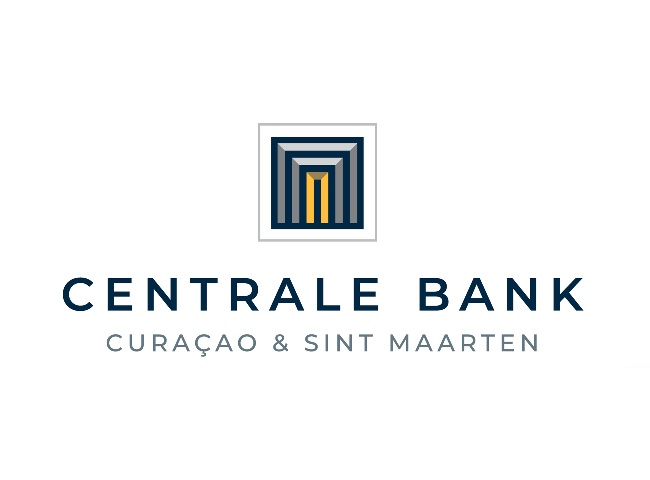Willemstad/Philipsburg – The Centrale Bank van Curaçao en Sint Maarten (CBCS) issues a vital advisory to all consumers and businesses regarding the risk of fraudulent activities in various digital transactions. These criminal activities pose a significant threat to our financial and economic stability of our communities by exploiting stolen data to make unauthorized transactions.
Fraudulent activities in digital transactions not only result in direct financial losses for consumers but also cause increased transaction declines, high chargeback rates, and additional expenses for merchants. Such activities compromise the integrity of our financial systems and can disrupt legitimate business operations while eroding consumer trust in digital transactions.
Recommended Consumer Protection Measures
In response to the growing threat of fraud, the CBCS strongly advises consumers to adopt the following protective measures against fraudulent transactions:
Be alert
What might appear to be a legitimate call or e-mail from your financial institution, asking you to disclose your personal (bank) information, may be a fraudulent attempt from a hacker. Be aware that no financial institution will ever ask you to give sensitive information that way. Contact your financial institution if you are unsure about the legitimacy of a caller or e-mail.
Regularly Monitor your Financial Statements
Early detection is key to preventing further misuse of your financial information. Regularly review your (bank) statements to identify any unauthorized transactions. If you notice an unauthorized payment, contact your financial institution immediately.
Set Up Transaction Alerts
Enroll in your financial institution’s transaction alert service. Receiving real-time SMS or email notifications of any activity on your account can be crucial for the timely detection of fraudulent transactions.
Utilize Secure Payment Methods
Two-factor Authentication (2FA): Activate 2FA on all online accounts and shopping platforms. By implementing 2FA, you will need to comply with a second method of authentication to access your account besides your username and password. Examples include getting a verification code by e-mail or SMS, a fingerprint scan, or even a special app on your device.
HTTPS Protocols: Ensure that any website you make transactions on is secure by checking for ‘HTTPS’ in the website address (URL), which indicates an encrypted connection. For example: https://www.centralbank.cw.
Virtual Private Networks (VPNs): Use VPNs when accessing the internet through public or unsecured Wi-Fi networks to protect your personal and financial information from cybercriminals. A virtual private network is a mechanism that provides a secure connection between a device and a computer network, or between two networks.
Recommended measures for Businesses and Technology Partners
Merchants and payment service providers are urged to implement robust fraud detection and prevention mechanisms. Security features such as Address Verification Systems (AVS), velocity checks, and Payment Card Industry Data Security Standard (PCI DSS) compliance are essential to mitigate the risks associated with fraudulent activities.
Web developers must ensure that payment gateways are equipped with the latest fraud detection technologies, including Completely Automated Public Turing test to tell Computers and Humans Apart (CAPTCHA) systems, to effectively prevent automated and manual fraudulent activities.
Commitment to Secure Transactions
As the regulator and safeguard of financial stability, the CBCS emphasizes the importance of collaboration with all stakeholders in combating cybercrime. We remain committed to ensuring a secure transaction environment for our consumer and business community by promoting an efficient and effective payment system. To this end, separate legislation for Payment Service Providers (PSPs) has been developed and is in legislative process to be enacted. The National Ordinance on the Supervision of Payment Service Providers (NOSPSP) will provide a stronger regulatory framework for PSPs.
The CBCS urges everyone to stay informed about the latest security threats and prevention techniques by regularly visiting the websites and social media platforms of the CBCS, your local bank or service provider, and financial education platforms.





























